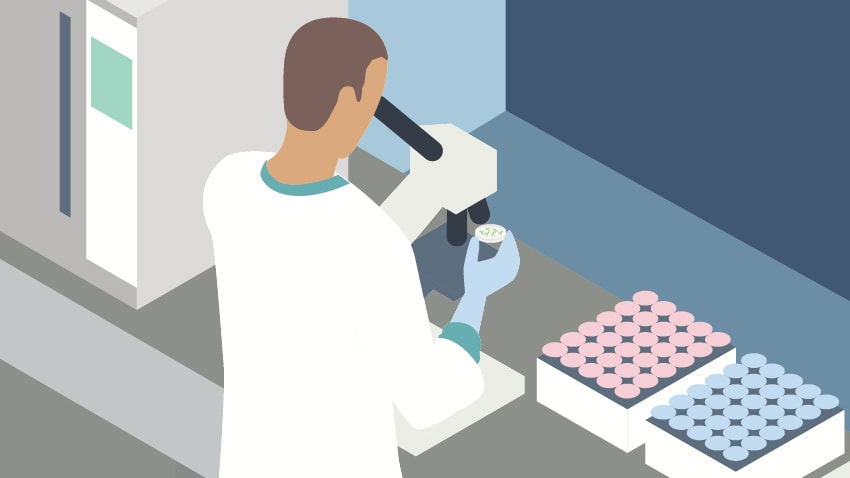
A recent study in Australia has evaluated the guidelines for referrals to genetics services. The study investigated the efficacy of the existing referral guidelines for gynaecological oncology patients with the goal of improving attendance at genetics appointments and follow up sessions. The study identified that despite the proven benefits of a genetics assessment to women affected by conditions such as ovarian and breast cancer, getting these women and possibly affected relatives to attend a genetics assessment remained a challenge.
The study follows two cohorts of women, tracking their referral to the genetics services, their invitations to follow up appointments and the level of attendance at follow up appointments. TrakGene is used across the state of New South Wales (NSW) in Australia and stores records of all the referrals to the genetics services in this state. The study was able to use this data to identify the sample of patients for the study and to track patients through the referral process.
A range of factors affecting the uptake of genetics assessments were identified and included the completeness of the family history record. Family history questionnaires are a normal prerequisite for assessments with a genetic counsellor. In some cases the family history data had not been adequately collected. The use of pedigree chart drawing tools are vital in gathering family history information quickly and in a form that can be used to completing a genetics assessment. Pedigrees need to have both the visual representation of the family history, but also the data behind each individual family member in the pedigree. In order to streamline the process of collecting family history data, TrakGene’s pedigree chart drawing tool not only creates the family tree but also creates records for each family member in the database, to which referral, diagnosis and appointment data can also be added.
It was also apparent from the study that the ability to be able to manage patient data effectively in order to invite them to follow up appointments in a timely manner and to track attendance at these appointments was also critical. Genetics services can use this data to track patients and identify patients that may be slipping through the net. Not only is it important to be able to monitor attendance at clinics but also to be able to report on those due for a follow up appointment and to trigger an invitation to an appointment for those patients. The facility to track and arrange follow up appointments is not always well catered for in patient management systems since many outpatient services only require a single appointment for a treatment or diagnostic.
The conclusions of the study that interventions and improvements to the genetics services referral guidelines were effective. It was further concluded that the pedigree charts showing the family history were not always useful in calculating genetic risks for gynaecological oncology patients since there was only a history of the conditions in around 50% of cases; the study did however make clear that collecting family history data and drawing the pedigree chart for these patients certainly did no harm. It is also important to consider that this study was looking specifically at gynaecological oncology patients.
The study ultimately demonstrates the positive impact of effective genetic patient management systems both in the process of referring patients to genetics services and also for the purposes of research studies.





